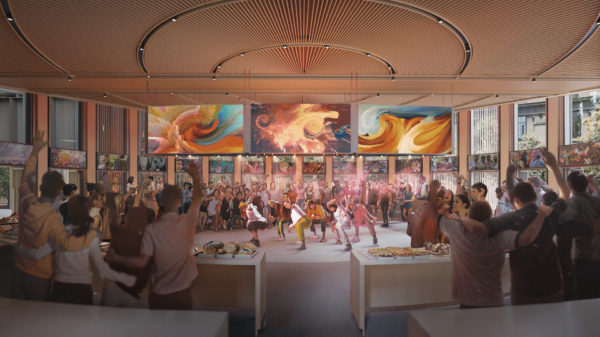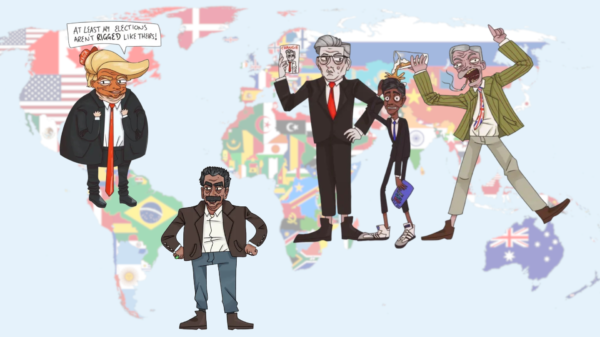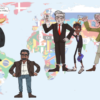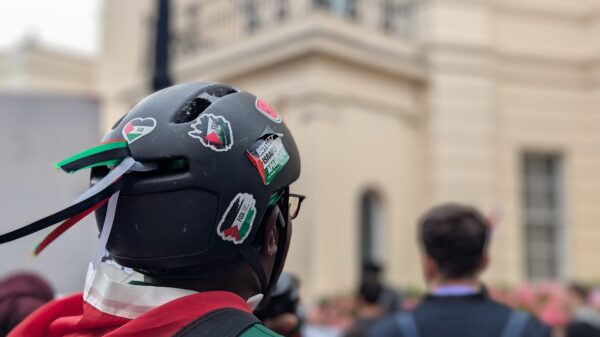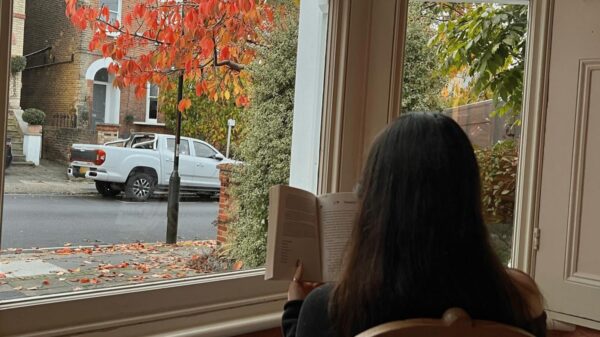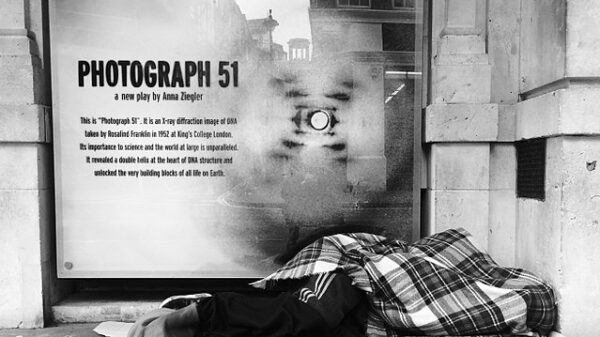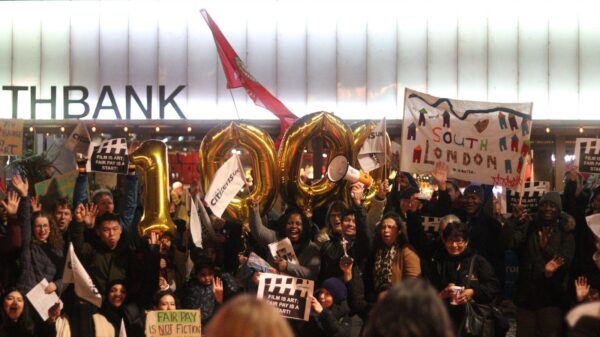On 8 February 2024, the King’s College London (KCL) Diplomacy Society inaugurated their Diplomatic Futures Masterclass series. The first session addressed “Cultural Insights: Navigating Diplomacy with Awareness and Adaptability”, featuring keynote speaker Karina Robinson.
Established in 2011, KCL’s leading society on foreign and international affairs is a thought-provoking community bringing together students from various degrees. Seeking to be “the true catalyst to your career in diplomacy”, the society has organised numerous events varying from embassy visits, to a panel discussion on the challenges of cybersecurity, to an inter-collegiate journalism conference tackling the theme of “Peacebuilding in a World at War”.
The 2023/24 Committee established from the beginning of their term that their end goal this year would be to create a series of masterclasses providing insight into the skills necessary for a successful career in diplomacy.
The “Diplomatic Futures Masterclasses Program” tackles different skills that are needed in diplomacy-related careers, but that are also crucial tools throughout life. These vary from networking, crisis management, cultural navigation, women empowerment, and performance. The series of influential masterclasses is set to conclude with an end-of-year reception with high-profile attendees, including embassies and think-tanks.
The first masterclass took place in February, and addressed a variety of topics such as cultural intelligence in the world of diplomacy, various communication styles in diplomatic affairs, and the prediction of future trends through Quantum and Artificial Intelligence (AI) developments.
Drawing from her own experience, guest speaker Karina Robinson provided exceptional perspectives into these topics. As Senior Editor of The Banker magazine for eight years and the International Herald Tribune’s banking columnist, followed by achievements in different institutes and companies, her current position as the CEO of Redcliffe Advisory Ltd. and founder of The City Quantum & AI Summit have equipped her with unique insight into these themes. Throughout the masterclass, four main points were discussed.
How do we manoeuvre challenging discussions and seize opportunities?
First, Ms. Robinson emphasised the cultural nuances that appear in wording and conversation. She illustrated this through a personal anecdote of a discussion she had with a hostage negotiator who had argued that it is crucial to respect your opponent in negotiation, even if an enemy. This is key to diplomatic discussions and to attain pro-active outcomes.
Furthermore, Ms. Robinson provided a handful of tips and valuable career advice. Drawing from her experience of having been laid-off five times, she strongly emphasised the need to be resilient and have faith in that new opportunities will arise. Virginia Carlier, President of the KCL Diplomacy Society, recalled “as keynote speaker Karina Robinson aptly noted, ‘When someone suggests a professional project or opportunity, put your hand up and say, I’ll take it! Then you can figure out later how you’re going to accomplish it.’” Having been victim to imposter syndrome as a woman when she started her own firm, Ms. Robinson ensured a gender-balanced panel when she founded the City Quantum & AI Summit. She argued that, as a woman, if you cannot see another woman on-stage, you never imagine that you could be the one up there.
The skills that she emphasised were self-awareness and the importance of networking. A tip for introverts from Ms. Robinson: if you are shy, one of the ways to start a conversation at a networking event is to simply read the newspaper that morning and have a topic in mind. These skills connect to the importance of reading between the lines and thinking outside the box.
What are the traits of a good leader?
This is a subject that Ms. Robinson addressed, especially in the context of today’s world leaders. She discussed the subconscious view that many have of a leader as a tall male with a deep voice, and how people react to this as a symbol of authority. However, a good leader must have empathy, humility, be able to see the opposing side’s view, and stand up for what they think is just.
Is Artificial Intelligence friend or foe?
Ms. Robinson deemed this an impossible question to answer. However, she did address the two sides of the debate. In international affairs and employment opportunities, AI will erase white-collar jobs. On the other hand, it might assist us in providing a solution to global warming. Humans are not going to solve global warming on their own as AI algorithms can predict future trends in a way that we cannot yet. Ms. Robinson argued that we must oversee AI and manage it, and this way, it can assist us.
How do we navigate these cultural and technological narratives in challenging environments to be ethically and morally professional?
Ms. Robinson argued that our generation will be bridges, whether it be between people, teams, or ideas.
Following the success of this first masterclass, KCL Diplomacy Society expect future events to be equally as rewarding. Many participants commented on the uniqueness of this presentation because of Ms. Robinson’s exceptional career trajectory, and her take on the present use of AI and what it entails for us in the future.
The Diplomacy Society’s masterclasses are a unique way of hearing from a variety of guest speakers, each with different career paths, and of enhancing key skills necessary to a career in diplomacy and international affairs.
President of Diplomacy Society Virginia adds, “We therefore invite and encourage any King’s student to seize the day and sign up for the upcoming three masterclasses, thereby earning a signed ‘Certificate of Participation’ and unlocking new career potential, as well as ‘BDE’ (Big Diplomatic Energy)!”


